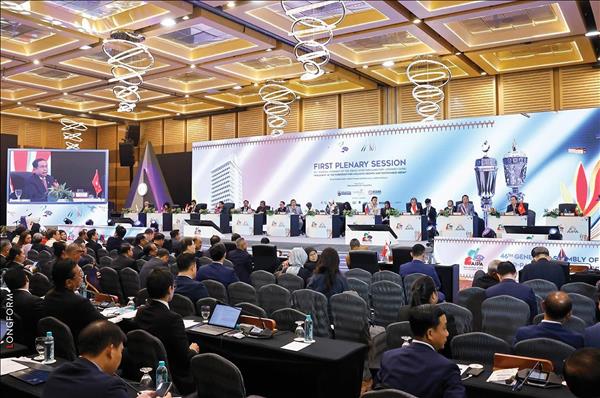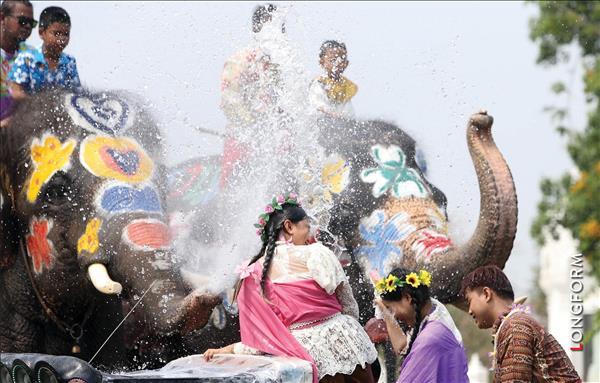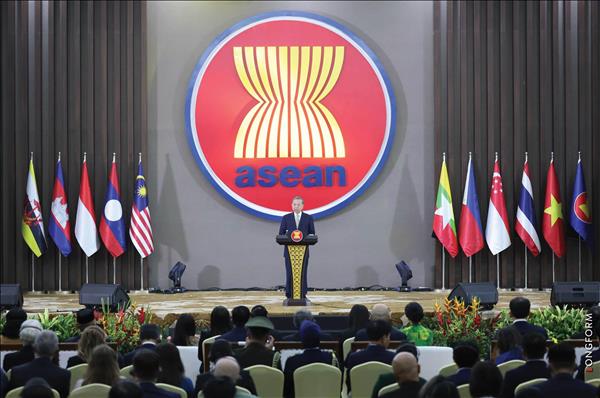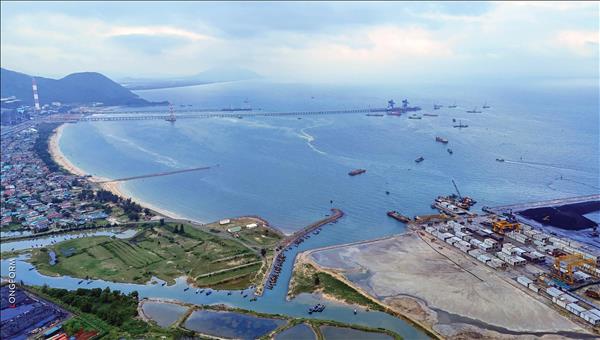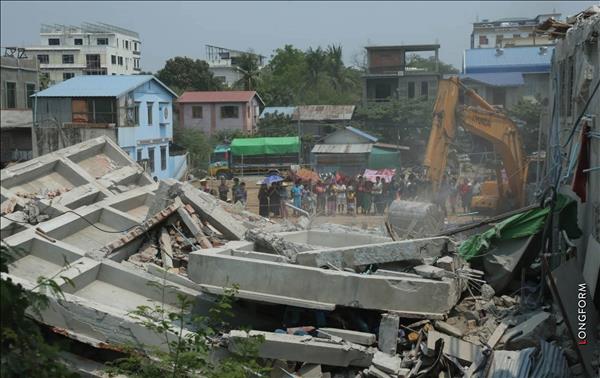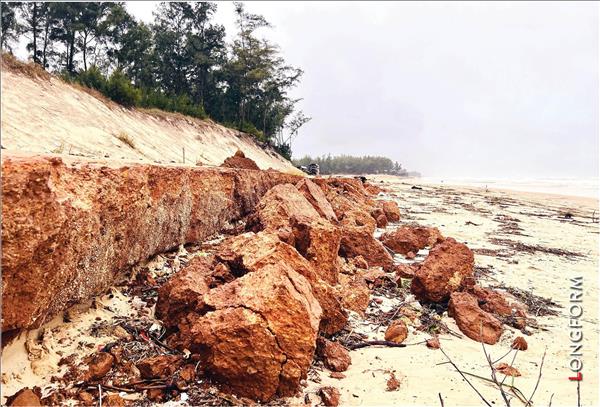Asean
Vietnam’s efforts and initiatives as ASEAN Chair 2020 - Challenges of and response to the COVID-19 pandemic
Yet, from the beginning of 2020, even before Vietnam could begin to roll out the details of this year’s ASEAN agenda, the country, like the rest of the world, was faced with the unforeseen challenges of the coronavirus epidemic. In addition to disrupting the daily lives of the people, the flow of the economy and interactions among nations, the virus has also thus disrupted Vietnam’s ASEAN chairmanship. Vietnam, for its part, is making every effort to ensure the success of its chairmanship.
History of Vietnam’s ASEAN chairmanship
Vietnam’s engagement and integration with the region and the world began with economic reform in 1986 when the country adopted the “Doi Moi” policy or “all-round renovation process”. This economic reform allowed Vietnam to become one of the region’s fastest growing economies within a generation’s time.
Vietnam officially joined ASEAN on July 28, 1995. Throughout its 25 years of membership, Vietnam has made active and responsible contributions to ASEAN co-operation. Three years after joining, the country hosted its first summit in December 1998. Under Vietnam’s chairmanship, the leaders adopted the Hanoi Plan of Action, which began a community building process by laying down the implementation mechanisms for building an open, dynamic and resilient ASEAN Community by 2020. Vietnam’s second term in the rotating chairmanship came in 2010. Once again, Vietnam took a leading role, this time to strengthen the strategic importance of ASEAN in the political-security field. Vietnam successfully arranged for the organization of the first ASEAN Defense Ministerial Meeting Plus (ADMM+) thus reinforcing ASEAN’s ability to bring together major players in the region within the ASEAN-led mechanism. It was also in 2010, that members of the East Asia Summit (EAS), came to agreement on expanding its membership to the US and Russia as proposed by Vietnam on behalf of ASEAN.
The theme for this year Chairmanship is “Cohesive and Responsive ASEAN”. With this theme, Vietnam wants to highlight the decisive role of solidarity and unity in maintaining sustainability and relevance of ASEAN.
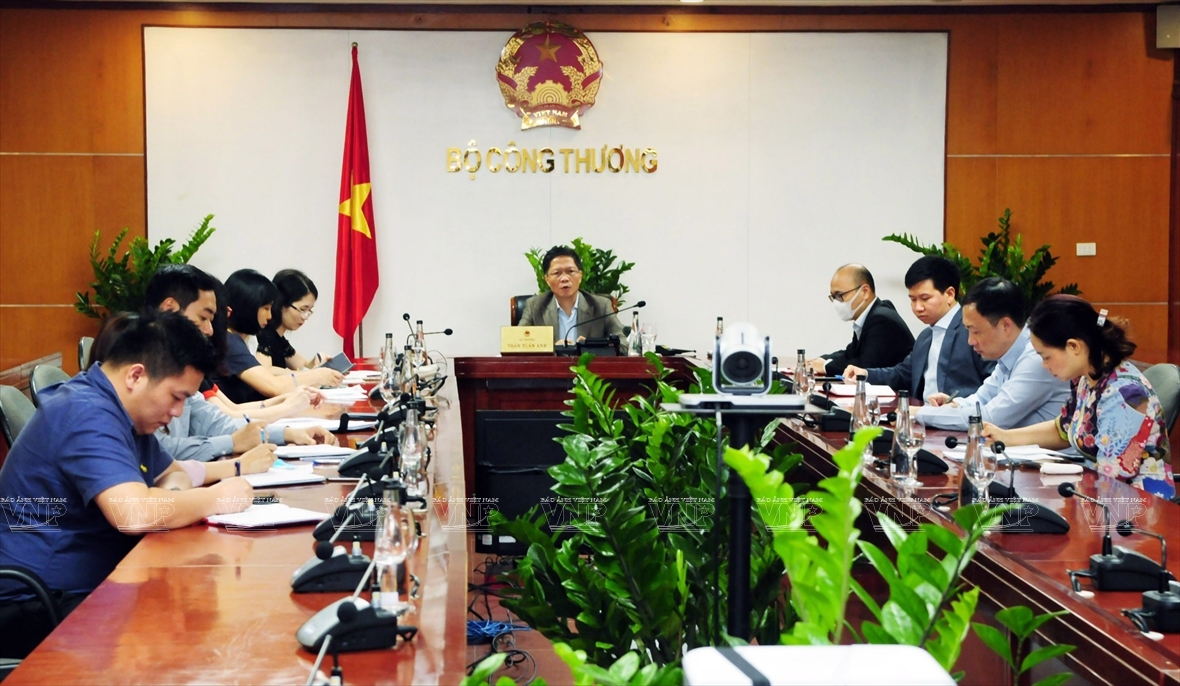 Minister of Industry and Trade Tran Tuan Anh, on behalf of ASEAN Economic Ministers, held a phone discussion with Secretary-General of ASEAN Lim Jock Hoi on May 6 regarding plans for recovering the regional economy and maintaining intra-bloc supply chains after the COVID-19 pandemic has been brought under control. Photo: Tran Viet / VNA 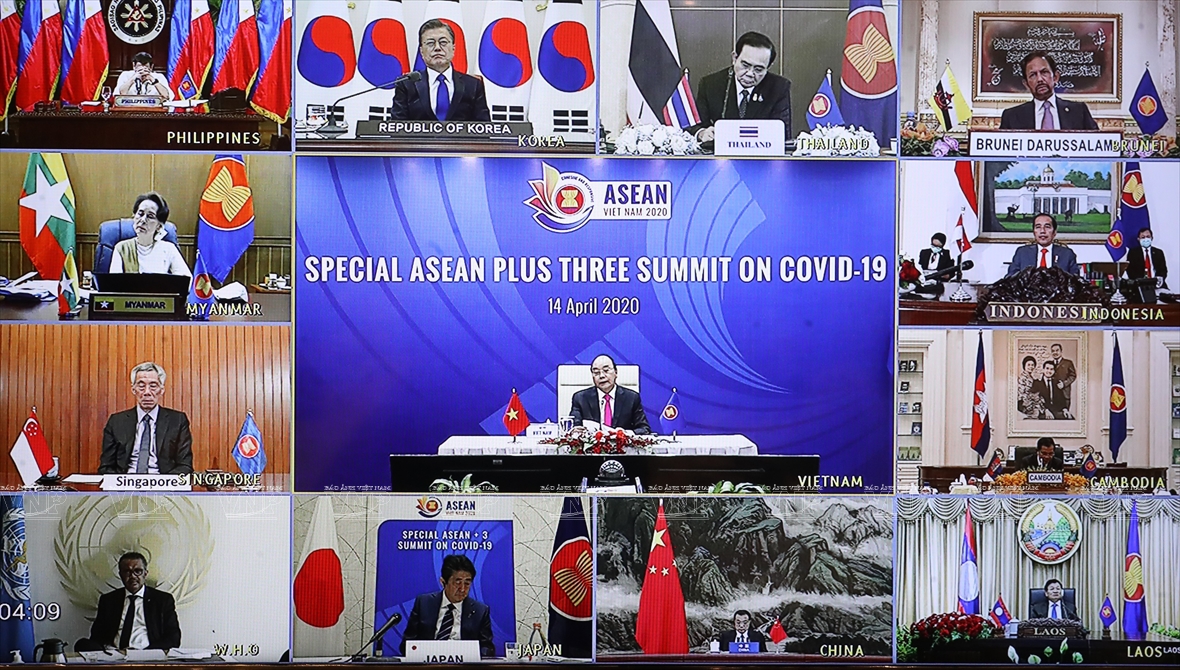 Prime Minister Nguyen Xuan Phuc chairs the online Special ASEAN+3 Summit with China, Japan and the Republic of Korea (RoK) on the COVID-19 response. Photo: Thong Nhat / VNA 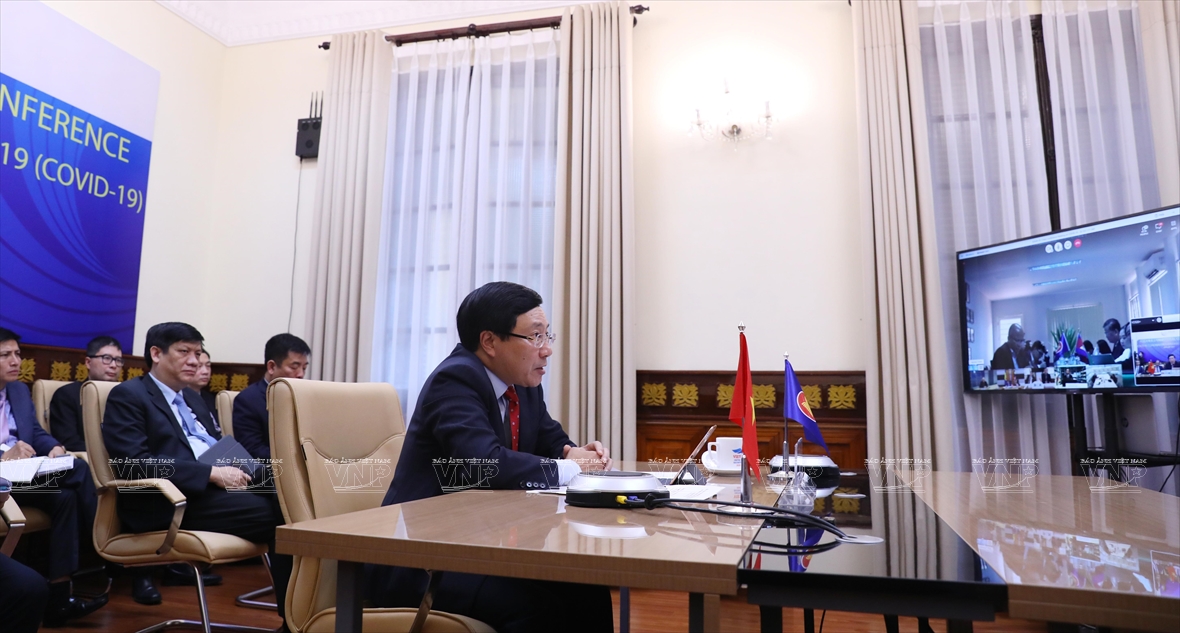
Deputy Prime Minister and Foreign Minister Pham Binh Minh speaks at the ASEAN-EU ministerial teleconference on cooperation in coping with the COVID-19 epidemic in Hanoi. Photo: Lam Khanh / VNA
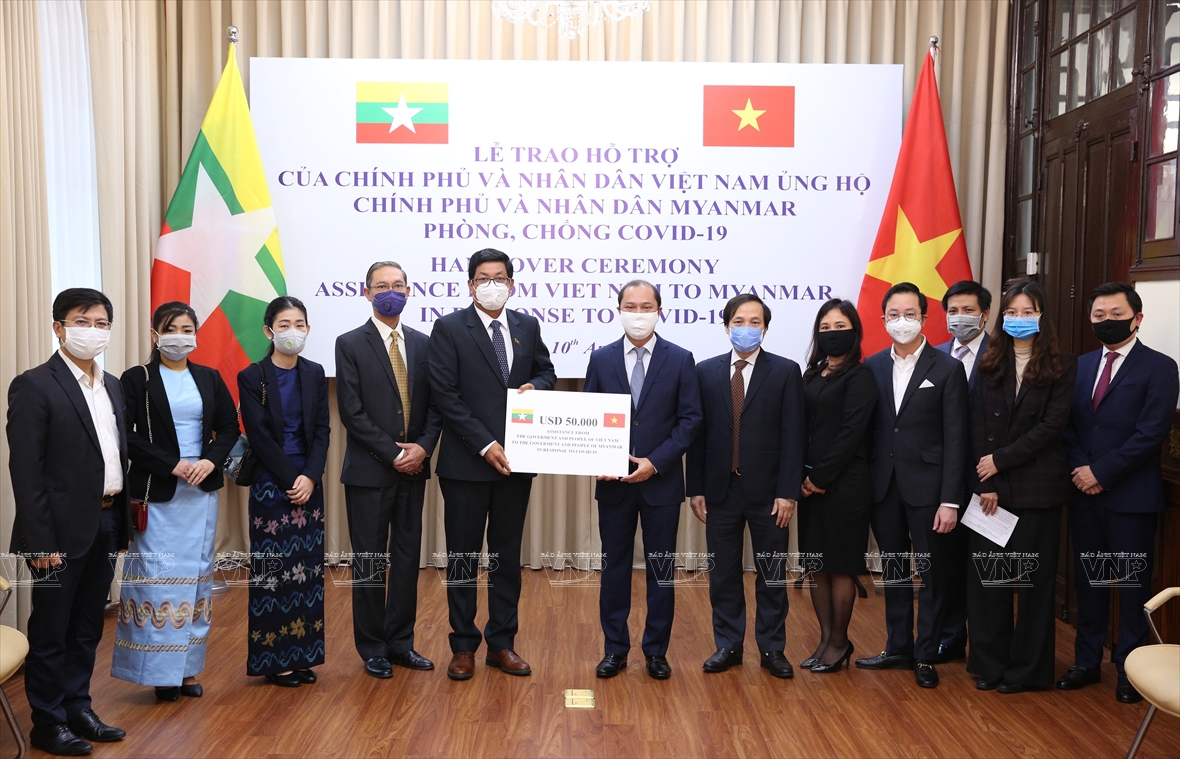 Deputy Foreign Minister Nguyen Quoc Dung, on behalf of Prime Minister Nguyen Xuan Phuc, symbolically handed over 50,000 US dollars to support Myanmar’s fight against the COVID-19 pandemic. VNA Photo: Duong Giang / VNA 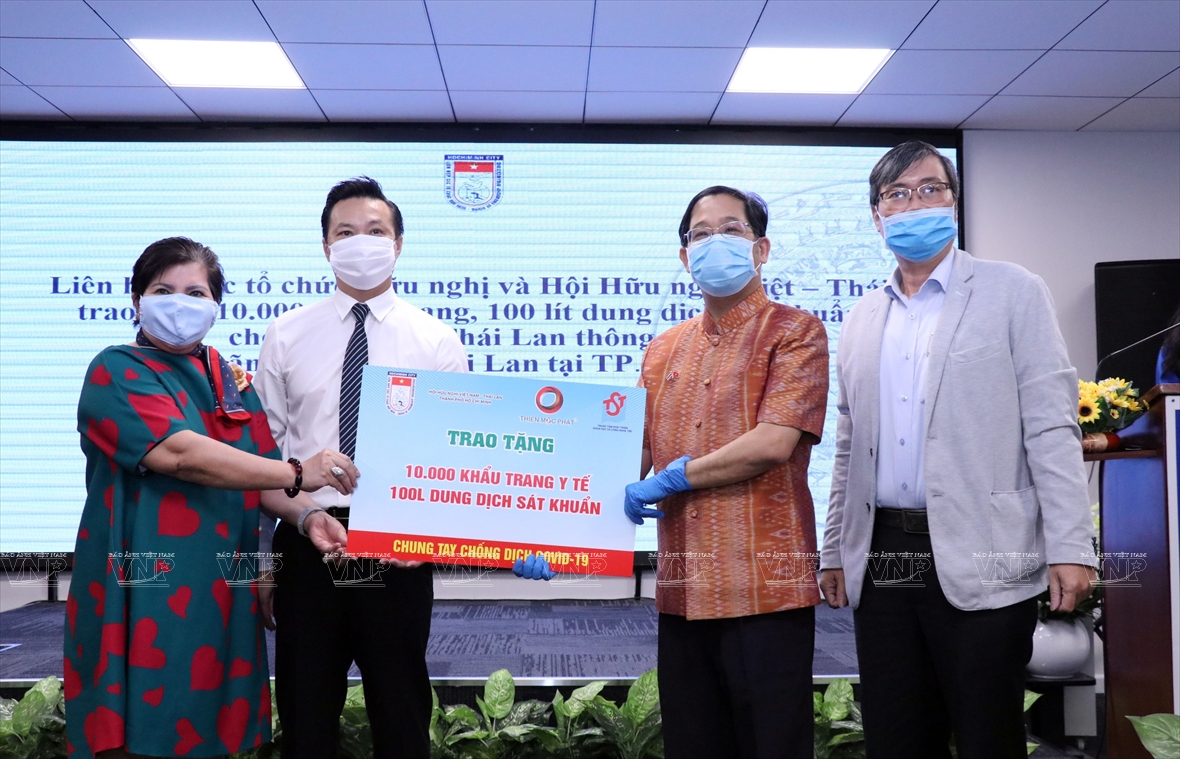 Apirat Sugondhabhirom (second from the right), Consul General of Thailand in Ho Chi Minh City receives the symbolic gift representing the medical equipment supported by the Ho Chi Minh Union of Friendship Organizations (HUFO). Photo: Xuan Khu / VNA |
COVID-19 and challenges facing Vietnam as ASEAN chair
So far, the virus has spread across all ASEAN member states, with 54,263 confirmed cases and 2,060 fatalities as of May 8. In addition to the health crisis, the pandemic is also taking a toll on the economies by severely disrupting socio-economic activities, co-operation and exchange in many fields, especially between ASEAN member states and among ASEAN and its external partners. The growth rate of all ASEAN members is predicted to sharply decline, and some ASEAN countries will inevitably suffer negative growth. Lockdowns, border closures, community quarantines, travel restrictions, social distancing and temporary closure of business activities are being done across ASEAN primarily to contain the virus, but the measures are also affecting all other areas, including ASEAN’s annual schedule. According to the ASEAN secretariat, up to now, more than 200 ASEAN meetings have been postponed or cancelled. Many of the expected agendas of Vietnam’s chairmanship are put on hold.
While the region has witnessed health crises before, none have been on such a scale both in terms of its spread and duration. Vietnam is making the necessary adjustments as it navigates its chairmanship through the uncharted waters of COVID-19. At the same time, Vietnam is making every effort to quickly contain the virus within its borders so the country can be ready to host the rest of the meetings in a conventional way when the time comes.
The making of a “Cohesiveness and Responsive ASEAN”
Although the current epidemic was nowhere in the minds of the Vietnamese government officials when they were drafting the main idea for this year’s ASEAN chairmanship, the theme “Cohesive and Responsive” almost perfectly reflects the current spirit within ASEAN as the members join forces to tackle the virus.
First, under Vietnam’s chairmanship, ASEAN activated virtual channels to ensure continuous communication among ASEAN Members. This solution has helped ASEAN and its partners stay connected during this crisis, sustain seamless coordination, and make quick and timely responses. The first results came out on February 14 when Viet Nam issued the Chair’s Statement on ASEAN’s Joint Response to the Outbreak of COVID-19. This statement was to draw attention to the risks of this virus, call for regional and international co-operation, underline ASEAN solidarity and unity, and reiterate the commitment to joining hands in preventing the spread of the virus and restoring peace and safety to the daily lives of the peoples. Statements by the ASEAN Defense Ministers, Economic Ministers and Tourism Ministers followed suit recognizing the need for close cooperation in not only curbing the spread of the virus but also restoring the economy in the aftermath. Then, on April 14, as chaired by Vietnam, the ASEAN leaders came together for an ASEAN Special On-line Summit, where they agreed the top priority for ASEAN was to control and prevent the spread of the disease and minimize socio-economic impacts in the process. Specifically, leaders emphasized the reduction of disruptions in the supply chain and strengthening of intra-ASEAN trade to ensure resilience and quick recovery.
Second, coordination of dialogues with partners also were efficiently carried out. As the ASEAN chair, Vietnam took initiative organizing ad-hoc ASEAN+3 discussions. On April 14, Vietnam chaired the online Special ASEAN+3 Summit on the COVID-19 response. The countries committed to standing ready to exchange experience, policies and epidemiological and clinical research, support each other with medical supplies and step up co-operation in COVID-19 vaccine and drug development. They also pledged to maintain open markets, make progress on the signing of RCEP, diversify the connectivity of supply sources in and outside the region and ensure the flow of goods and services, especially essential medical materials and products.
Vietnam has also participated and proposed measures for co-operation in the fight against the pandemic at many other international virtual meetings, such as the ASEAN-EU Ministerial Video Conference on COVID-19 on March 20, the Ministerial Video Conference of the Alliance for Multilateralism on COVID-19 on April 16, the G20 Health Ministers virtual Meeting on April 19 and the Special Online ASEAN-US Foreign Ministers Meeting on Coronavirus Disease on April 23.
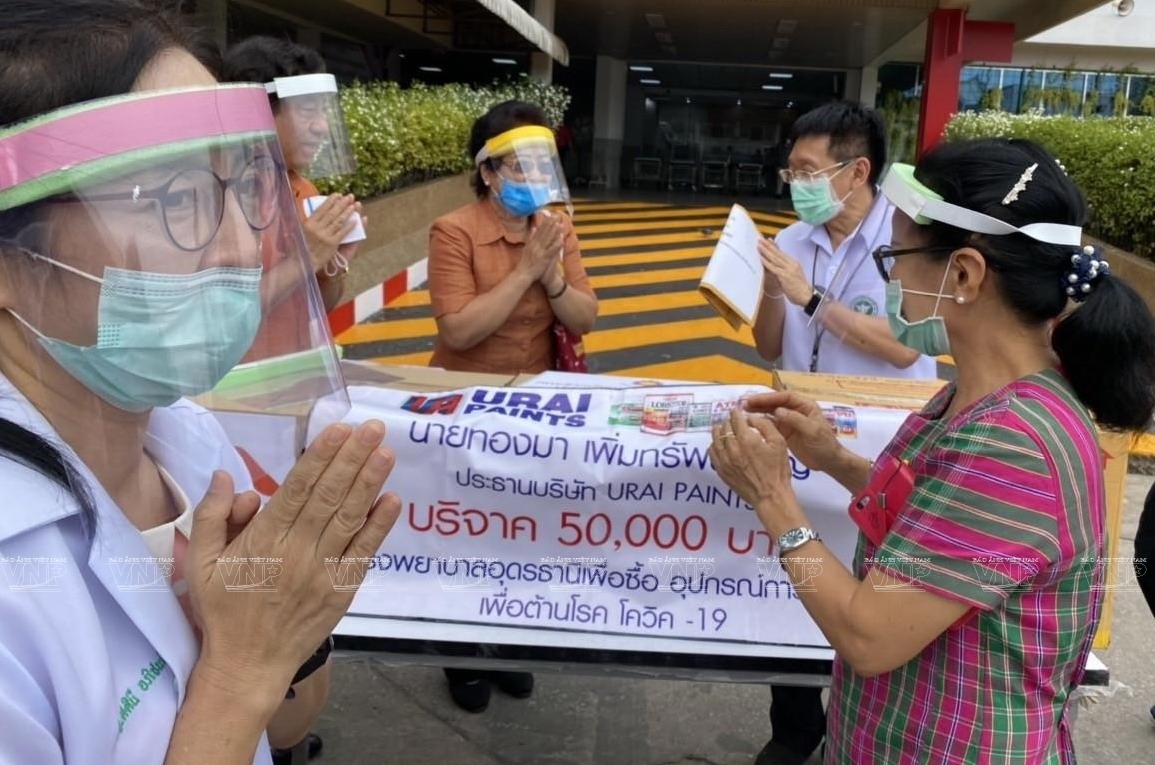 An association of ethnic Vietnamese in the northeastern Thai province of Udon Thani hands over nearly 1,500 plastic face shields to the province in an attempt to curb the spread of the COVID-19. Photo: VNA 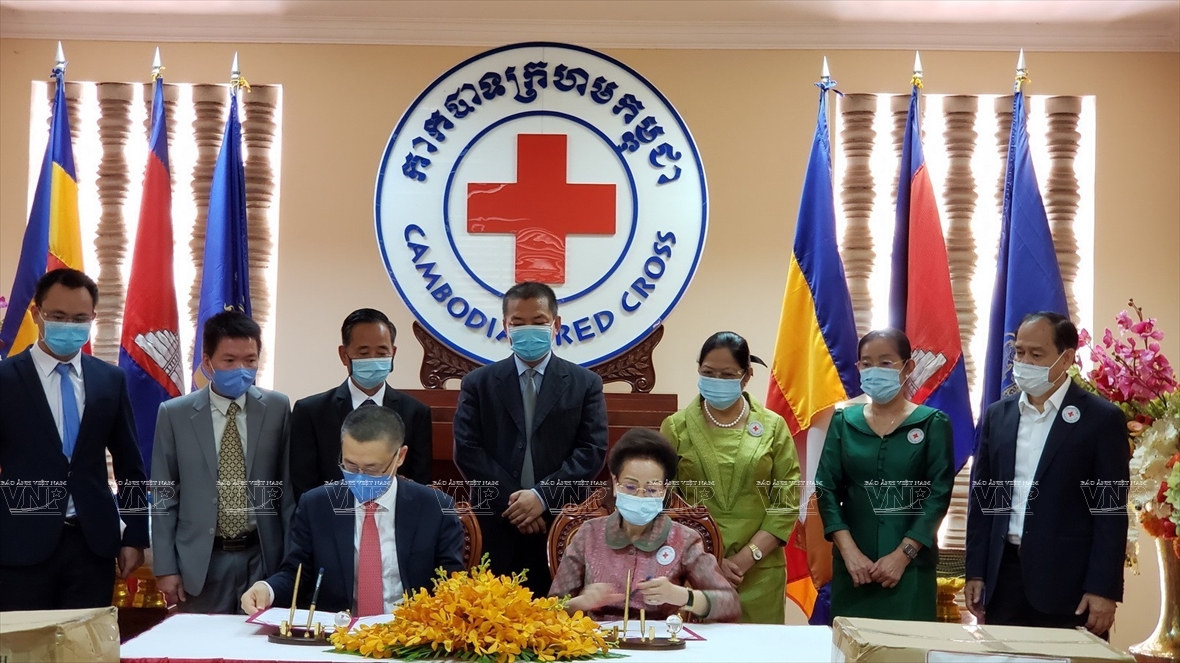 The Vietnam Red Cross Society (VRC) has donated 60,000 medical masks and 300 sets of personal protective equipment (PPE) to its Cambodian counterpart to help the Cambodian people fight the COVID-19 pandemic. The donation was handed over by Vietnamese Ambassador to Cambodia Vu Quang Minh to the Cambodian Red Cross (CRC) Society in Phnom Penh on the morning of April 29. Photo: Vu Hung / VNA 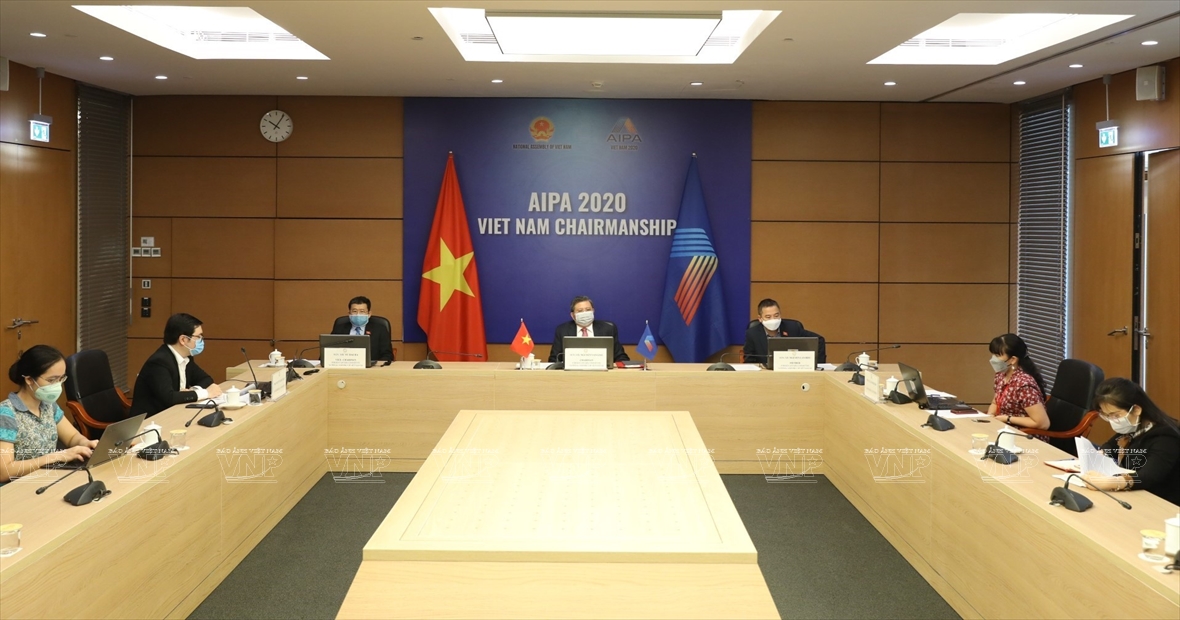 Chairman of the National Assembly’s Committee for External Relations Nguyen Van Giau took part in a teleconference regarding the role of parliaments in international cooperation in fighting COVID-19 that was held by the Indonesian Committee for Inter-Parliamentary Cooperation on April 21. Photo: Van Diep / VNA |
Third, in the spirit of solidarity and cohesiveness, Vietnam took the initiative in assisting neighboring countries with medical equipment and protective gear. The support did not stop with its ASEAN friends, but went further to assist other countries in Asia, Europe, the US and South America.
Fourth, in order to ramp up responsiveness of ASEAN, Vietnam made several proposals for the region. Establishment of a regional reserve for medical equipment and essential products to meet urgent requirements would help mitigate supply shortage issues in the early days of the crisis before emergency measures are put into place. Development of a common response process, based on the guidelines of WHO, can reduce misunderstanding and promote efficiency as countries impose entry bans and quarantine measures. On-line or table top exercises of the ASEAN Military Medical Center on disease response will increase the efficiency of ASEAN’s response to a new and emerging health crisis. A task force of ASEAN senior officials on information can help prevent the spread of panic and fear by controlling fake news.
Fifth, Vietnam, considered an effective disease control model, has shown its leading role in ASEAN in proactive, strong, and prompt response to the spread of the COVID-19 pandemic. Up to now, Vietnam has basically controlled the disease with fewer than 300 infections, no fatalities and over 80% of cases recovered. The country with a population of over 95 million is just one of three ASEAN countries which have yet to report any fatalities from the disease alongside Lao PDR and Cambodia.
The following words of Dato Lim Jok Hoi, Secretary-General of ASEAN, well demonstrate the achievements, so far, of Vietnam’s ASEAN Chairmanship this year as it tackles the challenges of COVID-19: “Vietnam has demonstrated strong leadership in spearheading a collective regional response to COVID-19. ASEAN’s strong response is in large part due to Vietnam’s leadership in encouraging our continued dialogue and collaboration”. ASEAN, and Vietnam as well, have a wealth of experience in overcoming crises, and in fact, emerging stronger than ever. Likewise, the current pandemic will be an opportunity for bolstering ASEAN’s cohesiveness and responsiveness under Vietnam’s chairmanship./.
By Phan The Thang, Deputy Head of Information and Data Unit of ASEAN-Korea Centre


